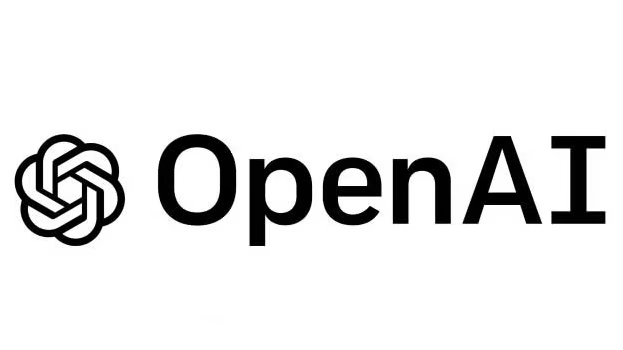The concept of ‘Agentic AI’ – artificial intelligence systems capable of autonomously planning, executing, and refining complex multi-step tasks to achieve a defined goal – is rapidly moving from theoretical discussions to practical implementation, prompting significant debate about its transformative potential for businesses and its implications for the human workforce. Unlike current AI tools that typically perform specific, well-defined tasks upon command (like generating text or classifying images), agentic systems exhibit a higher degree of autonomy, reasoning, and adaptability. These AI agents can potentially break down a high-level objective (e.g., ‘research market trends for product X and draft a competitor analysis report’) into sub-tasks, utilize various tools (like web browsers, databases, APIs), learn from feedback, and iterate until the goal is met, requiring minimal human intervention.
Several startups and established tech companies are investing heavily in developing frameworks and platforms for building and deploying these AI agents. Early use cases are emerging in areas like software development (automating code generation, testing, and debugging), customer service (handling complex queries requiring information retrieval and transaction processing), data analysis (automating report generation and insight discovery), and personal assistants capable of managing schedules, communications, and workflows more proactively. Proponents argue that agentic AI represents the next major leap in productivity, enabling businesses to automate sophisticated cognitive tasks currently performed by knowledge workers, leading to significant efficiency gains, cost reductions, and innovation acceleration. They envision a future where human workers collaborate with teams of specialized AI agents, focusing on higher-level strategy, creativity, and oversight.
However, the rise of agentic AI also fuels anxieties about job displacement. As these systems become more capable of handling complex workflows, tasks previously considered safe from automation may become vulnerable. Economists and sociologists are analyzing the potential impact on employment across various sectors, particularly those involving routine cognitive tasks like data entry, analysis, report writing, and certain aspects of project management. Ethical considerations are also paramount, including issues of accountability (who is responsible when an autonomous AI agent makes a mistake?), bias amplification (if agents learn from biased data or interactions), and the potential for misuse in areas like autonomous cyberattacks or misinformation campaigns. Developing robust safety protocols, transparency mechanisms, and governance frameworks for these highly autonomous systems is becoming a critical area of research and policy discussion. The trajectory of agentic AI development in the coming years is poised to be a defining factor in the future of work and the structure of the digital economy.
Source: The Verge

